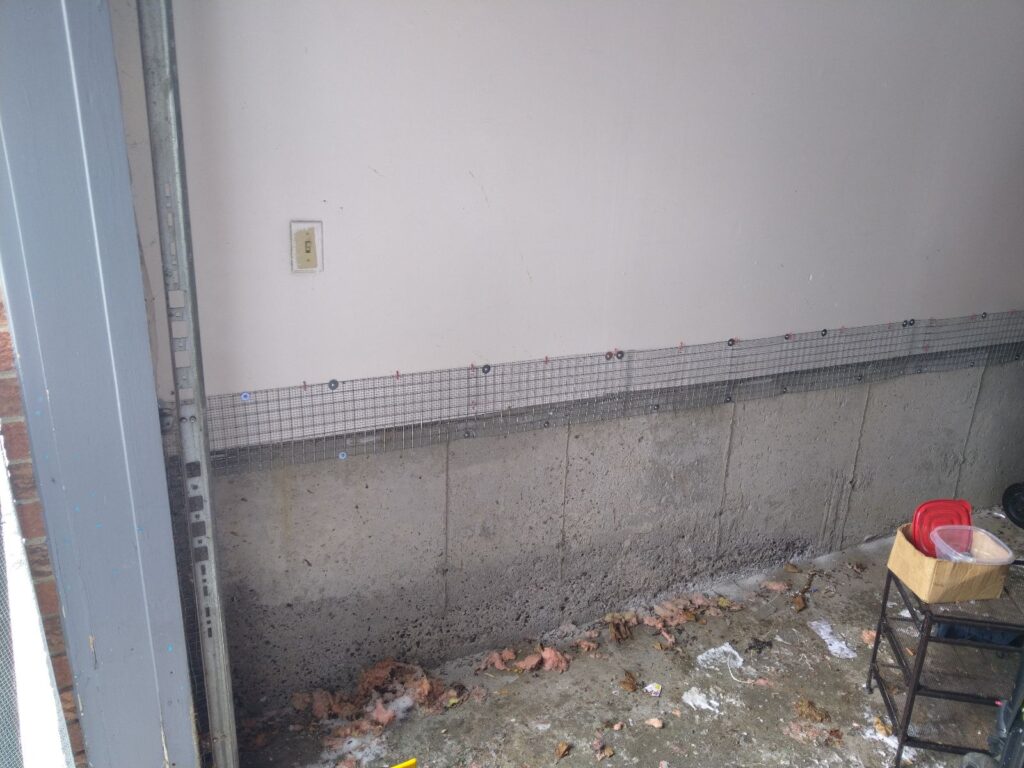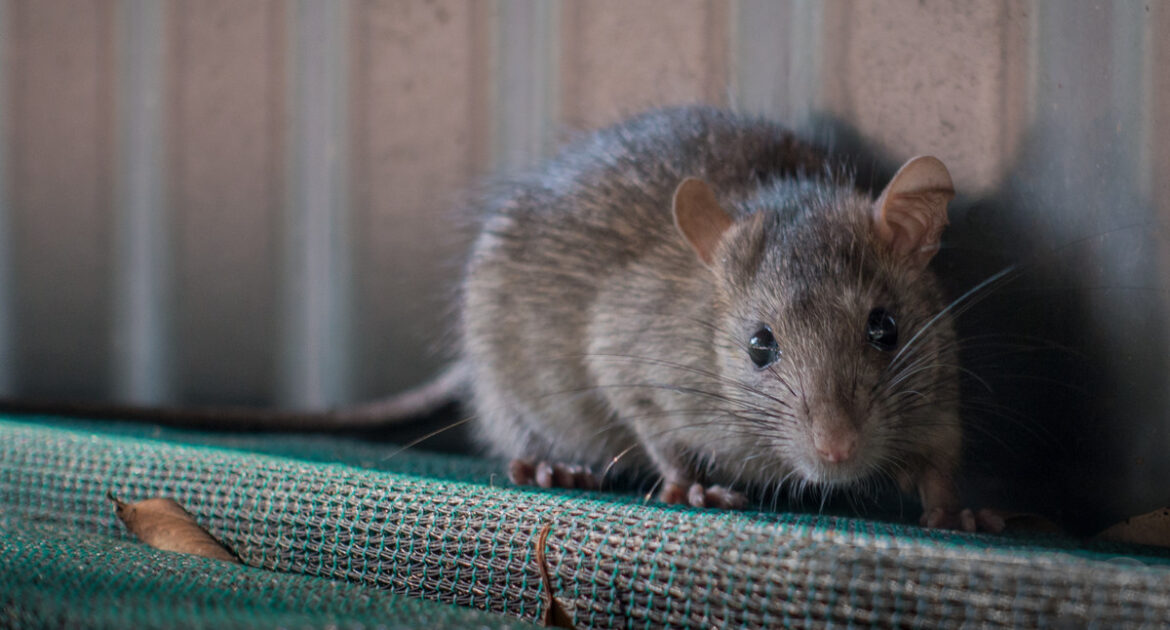As a Durham homeowner, you probably do all you can to protect your property from harm, but sometimes clever rodents find ways into your home. Few are as adaptable and enterprising as rats, and once they find a way inside, rat removal is usually a difficult and frustrating process. At Skedaddle Humane Wildlife Removal, our rodent removal technicians are standing by not only to assist you with ridding your home of rats but also to help you understand the habits of these rodents and how you might inadvertently attract them to your property.
What Draws Rats To Your Property?
Like most rodents, rats spend a great deal of time looking for a place to nest that is warm, dry and safe from predators. They seek out these types of spaces all year round, especially in the fall when their instincts tell them cold weather will soon arrive. When seeking out a nesting site, rats are drawn by several different circumstances, including:
- Wood and other debris piles
- The smell of pet kibble
- The presence of water
- Food odours
- Open or accessible trash containers
Keeping your property clean, such as storing pet food and discarding uneaten portions, as well as covering firewood, can discourage rats from entering your property.
What Are the Signs of a Rat Infestation?
Once rats find food, water and safety on your property, they may find their way inside by climbing onto your roof via overhanging tree branches or squeezing through small holes near your home’s foundation. Ratbheavior.org notes that rat bodies are extremely flexible, allowing them to fit into holes as small as a quarter of an inch in diameter. Once inside, they may nest in the attic, basement, crawlspace or behind pantries and eventually, you will begin to spot the signs of an infestation.
Visual Signs
Rats leave large amounts of droppings as they travel, which is the most common sign that you have them in your home. You may find rat feces in your pantry, along baseboards and in and near their nesting sites. You may also find discolouration and grease marks left behind by the oils in the rats’ coats along baseboards as well, an indication that the area is a common pathway for them.
You may also find gnaw marks around your home, like all rodents, rats need to chew to keep their incisors filed down, as they cannot eat properly if the front teeth grow too long. They will also chew on any wood or drywall inside your home, which can gain them access to other areas of your home.
New Unpleasant Odors
Once rats begin to nest inside your home, you may notice unpleasant odours. Rats leave behind feces and urine almost everywhere they travel, and once the nests grow in size, they can smell pungent, like rotting food. If you begin to notice faint odours like this that may grow stronger over time, this could be a sign that rats have made themselves comfortable inside your home.
Strange Sounds
If rats begin to nest behind drywall or chew the rear of a closet to gain access to other rooms, you may hear several strange sounds, especially at night, as rats are nocturnal and mostly venture out at night to find food. These noises may include scratching, rustling and even squeaking if the infestation grows large enough. Once you realize the presence of these unwanted guests, you may wonder how to get rid of rats in a way that keeps your family safe.
Can You Remove Rats With Traps?
When it comes to getting rid of rats, trying to handle any kind of infestation on your own can lead to dangerous situations. Do-it-yourself traps, even those with modern designs, may only catch one or two specimens and leave dozens more you cannot see to cause further damage to your home.
Trying to trap rats on your own can also put you in danger, especially when you attempt to remove live rats from traps. These rodents will defend themselves with their sharp teeth and claws and leave you with a nasty bite that could become infected. Rats carry a variety of diseases, including:
- Salmonella
- Hantavirus
- Rat bite fever
Hantavirus can be especially dangerous, as it can cause a pulmonary syndrome that can result in long-term damage to the heart and lungs. You or other family members can catch this disease by handling rat bedding or by coming into contact with droppings or a rat bite. Rat nests can also compromise the air quality of your home as the dust from dried feces, urine and nesting materials travel to each room via the HVAC ducts. Trying to sweep or vacuum up rat feces and bedding can also spread infection and does little to sanitize areas where rats like to nest. While these issues can make rat removal can seem like a troublesome issue, calling in our wildlife removal technicians can provide you with actions and information that remove these rodents from your Durham home and that can prevent future infestation.
How Can Skedaddle Help?
Once our technicians arrive, they will advise you about the methods we use to rid your home of rats. Because even minor infestations can grow quickly, our techs will begin by making a property-wise assessment to discover and target nests. They will then remove all live rats safely, including infant rats, and then safely remove all the nesting material before sanitizing any affected areas. This prevents you and your family from coming into contact with any dirty rat nesting that may carry disease.

When it comes to how to remove rats from the home, our technicians know that preventing future infestations is as important as removing current rat invaders. Once they remove all current rats and nesting material, they will walk you through steps that will prevent rats from returning, such as sealing holes and other entrance points. Once they make repairs, our techs can also advise you about how to keep rats away from your property, including cutting back tree branches that overhang your roof, keeping your grass cut to prevent rats from hiding and storing all your pet food and bird feeder seed in bins that rats cannot chew through. The less hospitable your home and yard are to these rodents, the less likely they will encroach further and find their way into your home.
If rats are inviting themselves into your Durham home, Skedaddle can help with removal, sanitation and much more. Contact us today and reclaim your home with confidence.




